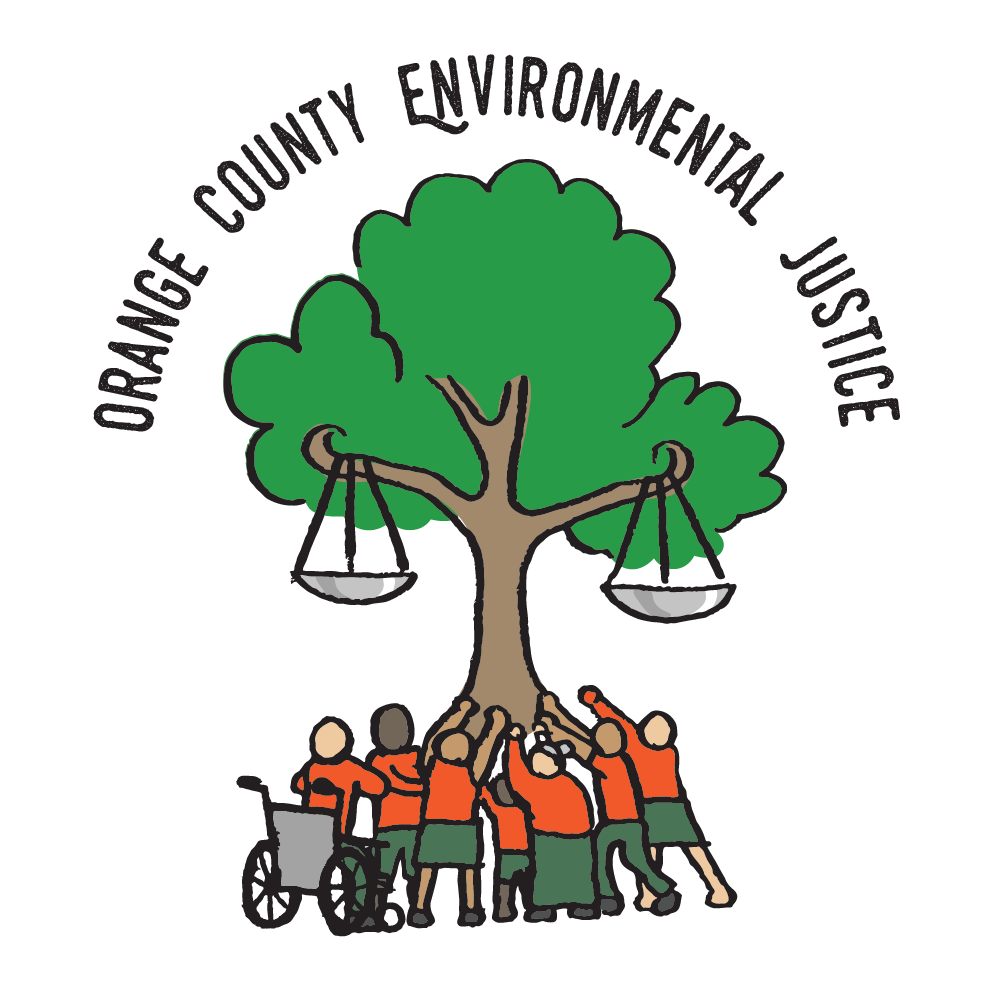
By Eeron Wilson.
Across the United States, a multitude of parties are dedicated to fighting environmental racism and injustices that unequally affect communities because of their demographics. Towns primarily comprised of people of color, non-English speaking immigrants, and lower-wealth individuals are significantly more likely to be affected by environmental injustices. We have heard of cities with unclean drinking water going unnoticed by state officials for far too long. Polluted air from excessive carbon and greenhouse gases affects the air quality of a given area. The only way to truly combat the injustice is to organize, strategize, realize, and act with the intent to improve the quality of life of those who are less fortunate.
In Orange County, California, a handful of groups are devoted to improving the lives of those subjected to unrestrained environmental injustices, despite risk-assessment strategies implemented by local agencies to identify risks of harmful pollutants and toxins that affect the environment. One of those organizations is the Orange County Environmental Justice (OCEJ). Founded in 2019, OCEJ has acquired attention in the media due to a campaign they spearheaded: “PloNo Santa Ana.”
Santa Ana, CA is facing a severe soil-lead contamination crisis. This crisis is impacting communities of color and those living at or below the poverty line. Due to the lack of testing in the area, both the people and the agriculture struggle with exposure to gigantic quantities of lead. OCEJ collected soil samples with the help of the University of California, Irvine’s Public Health Department in search for the specific amount of present lead. OCEJ also collected samples from roadway land use zones, parks, and residential and commercial areas. Their findings have concluded that over half of these soils contain amounts of lead surpassing state and federal standards. Fortunately, Santa Ana is making updates to its General Plan (GP) and has added a section on environmental justice. To aid in decision-making and policy creation, OCEJ sought to address soil remediation plans and health care endeavors. Furthermore, prominent figures, like Kathleen Treseder, have run for city councils to put environmental justice initiatives at the forefront to ensure that equity is displayed.
To find out more about OCEJ, click here: https://www.ocej.org/
